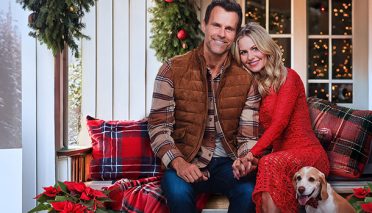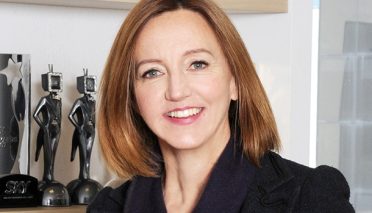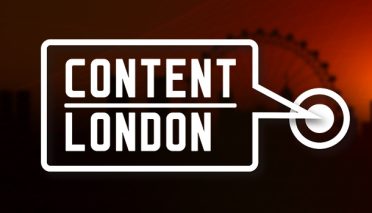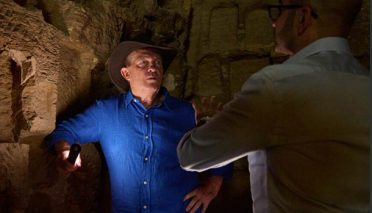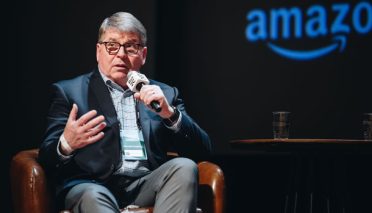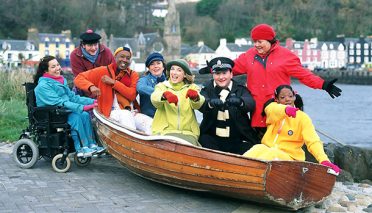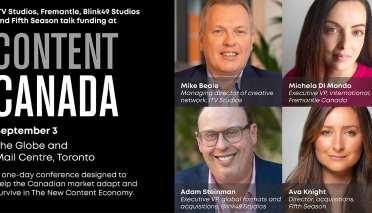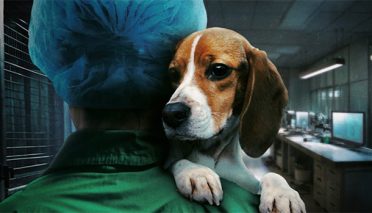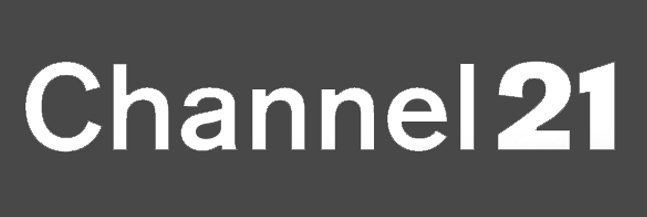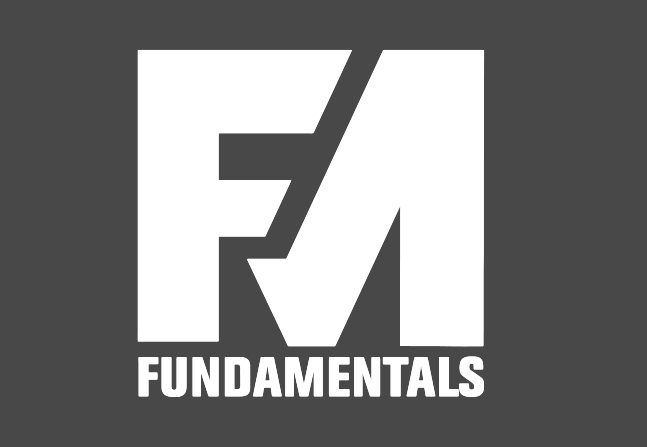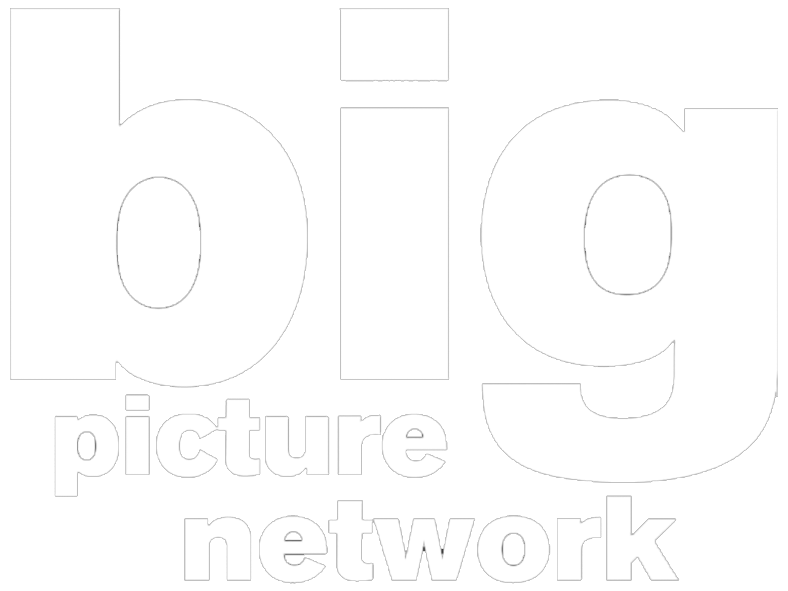C21 reports from Doc/Fest in Sheffield where attendees heard that an ever-smaller number of buyers seeking content from familiar, established names risks derailing the progress made on bringing new and diverse voices to the industry.

Meet the commissioners (l-to-r): Harjeet Chhokar, Kit Morey, Emile Nawagamuwa, Caroline Short
Over the past decade, during which we have come through a ‘golden age’ of so-called ‘peak TV’ when commissions were plentiful, the conference circuit in the UK has often been dominated by issues of diversity and accessibility.
To travel around the Edinburgh Television Festival, Sheffield Doc/Fest or various RTS gatherings has been to watch commissioners and broadcast leads hauled over the coals about what they’re doing to better represent one part of society or another. How do we get better representation for women, LGBTQ+, people with disabilities, BAME… on screen, and behind the camera. I’ve written in this column before – extensively, angrily, sorry about that, it’s the Grimsby in me – about the lack of opportunities and efforts to get genuine working-class voices into our programming.
Back in Sheffield for Doc/Fest this year this has still been prevalent. On Thursday there were sessions on funding for Bipoc (black, indigenous, people of colour) filmmakers and working with disabled talent and crew, another on better representing women in a true crime genre often built around stories of men brutally murdering them, an LGBTQIA+ networking meet up…
In a BBC commissioners’ session, produced by the BBC and chaired by the BBC’s head of unscripted Kate Phillips, one producer in the audience used the question and answer session at the end to grill them on the make-up of the panel.
Kate Phillips
“Your latest reports on equality and diversity show that you’re failing on your targets,” he said. “The Guardian reported recently that people from working class backgrounds in the industry have significantly fallen again. That falls even sharper when looking at senior editorial voices. I look at your showreel and see a very inclusive face of Britain, but I look the panel and see a face of the industry I haven’t seen change in a while.”
Amidst a staunch defence Phillips said: “It’s something all broadcasters are focusing on but can do better on. We have our small indie fund and 67% of those indies have diverse leadership – ethnicity, disability, socio-economic.”
Mandy Chang, former editor of BBC’s Storyville strand and more recently Fremantle’s head of docs before segueing to a new role leading Fremantle factual label Undeniable, says the championing of local filmmakers and crews to tell their own stories is now a must over the old-style parachuting in of a westerner to point and shoot.
“Cultural expertise is so important, you can get that so wrong,” Chang said. “Now there’s a real focus on it more than ever. With films made in Africa, when I was at Storyville people would come and say I want to make a film in Africa, well what are your qualifications to do that? You can’t just go on an exotic adventure, it’s not about that anymore. The world has changed and we want people from those places to tell those stories. If you’re making it there has to be a really good reason.”
We are, however, a long way past peak TV now.
Time was you’d come to Sheffield and there would be separate commissioner sessions for documentary, specialist factual, factual entertainment, with a representative from each major UK broadcaster. There’d be keynotes on top of that, probably a streamer’s panel too. This year there was one general buyers’ panel (UKTV, Channel 5, Amazon), the BBC commissioner’s session, a Sky Documentaries panel and brunch as the Comcast-owned pay TV broadcaster continues to double down on docs in a big way.
We heard from nobody at ITV, despite the UK commercial broadcaster pushing more into factual, docs and stranger than fiction boxsets of late for its ITVX streamer. Netflix were here hosting a cocktail, but did not appear on panels. For the first time in living memory, the embattled Channel 4 did not put up a single commissioning editor on stage at any point – though apparently there was a small gathering for producers late in the week.

Diverse voices risk being marginalised as fewer buyers seek fewer shows
In this climate it doesn’t really matter if you’re young or old, London or regional, black or white, male or female, Banijay and Fremantle or two blokes starting out in a room over a pub, everybody is desperate to know where the next greenlight is coming from. When even Participant Media in the US can’t make a go of it, and established UK prodcos like Zig Zag Productions went out of business, nobody is safe and the commissioner sessions this year were very much focused on ‘what we want’ and ‘how you can work with us’ rather than… issues.
So, what are the buyers actually buying?
Harjeet Chhokar, unscripted exec, Amazon MGM Studios
“We’re looking for up to 10 new unscripted projects a year. They have to be relatable and they have to say something about the world. Even something like 007: Road To A Million, which was a fact ent show, had doc sensibilities because it was about relationships between husbands and wives, brothers and sisters, fathers sons on a journey.
“For us it’s about talent or IP. You’ve got to remember the show that you pitch to us is competing against other shows on Prime Video like Clarkson’s Farm or Arsenal Football Club, Nicole Kidman or Fallout. So, what is the accessible entry point into your show that’s going to get people? I often say this is too niche, too male skewing, why would somebody come to a doc about this. Clarkson’s Farm is a phenomenon, people love it but it’s because there’s something in there for everyone. For me I think it’s an obs doc about the farming year. I don’t know a series that covers topics like Brexit, climate change or rural class issues better than Clarkson’s Farm does. So yes, it’s got quite an unexpected entry point in terms of Clarkson, but actually it’s an obs doc about the farming community.”
Emile Nawagamuwa, commissioning exec, UKTV
“As part of our digital first evolution we’re looking at genres that have been successful on streamers. We’ve been having strategic meetings about where we go and one area for Dave is premium docs. It’s typically known for panel shows and quiz shows where comedy is the driver. We’re moving into a documentary space where there are funny bones, but comedy is not the central driver. It’s a leap of faith. Our audience will not be expecting that but we look at the audience in a different way now and do not want to just do more of the same.
“All our channels have really specific identity and brand, we cover lots of bases with our audience, but one area not being well served is the premium documentary area. So, how do we get into it? With talent the audience love. Jamali Maddix is a good example of that. He’s a documentarian, that’s where he burst onto the scene, but he’s also a comedian. We’re doing fewer obs docs now. We don’t see that level of growth in same way on streamers so we have moved more towards talent. Talent is always going to be important because it’s the character, it’s the charisma we all buy into. It’s a shorthand for the audience to know and understand what they’re getting over next 60 minutes. We’re really interested in talent-led ideas.”
Hayley Reynolds, commissioning editor and acting director of factual and docs, Sky Documentaries
“We’re open for business, we’ve got a couple of gaps left for 2025. We’re well stocked for true crime next year but we’re still looking for sport and cultural icons. Big broad populist names with a forensic story telling approach, great access, great archive. We’ve got a couple of gaps there.
“What we do is quite specific compared to some other channels and platforms. We’re really focused on narrative-driven ideas, story first. Premium look and feel, ambition, excellence, beautifully crafted pieces of work from the best in business. When we look at sport and cultural icons they need to feel elevated beyond just the sport or music. We’re open to series and singles, whatever feels like the right shape for those stories.”
Clare Sillery, head of commissioning for documentaries at the BBC, unveiled a slate of single docs
“I know there is a world in which streamers are doing great things in bringing large amounts of money into the industry. The thing that feels clear to me is the creative contract that we can have with you as filmmakers and indies is really, really important. For creativity you need partnership. We will share the risk, share the ambition and share the IP. That’s really crucial to the future of filmmaking, documentary filmmaking and British storytelling.
“Stories sometimes feel over stretched and I lose patience with them a little bit. Telling the story in the wrong way doesn’t benefit the story or bring the story to the audience. It’s about the right way to tell the story and we’re really up for having that conversation. You don’t have to come with a perfectly polished treatment, but you do need to come with a sense of the approach you want to take and why it’s important to tell this story now.”

Embracing inclusivity remains a key theme at Doc/Fest
Those ‘typical conference questions’ and issues aren’t going away, though.
Phillips talked up the BBC’s indie fund. In interview with C21 as she takes over Poppy Dixon’s remit while she’s on maternity leave, Reynolds at Sky said: “We’re working with new companies all the time, it’s about the idea. We want people to have the right experience, we don’t want to set them up to fail, we’ll sometimes pair companies together. We’ve got our diverse led indies scheme that we’re in the final stages of which will see us working with four diverse led indies and providing them development money.”
Channel 5 were here, Kit Morey promising more air fryer docs, but also the chance to do more considered pieces like The Hospital: Life On The Line which pulled big numbers for the Paramount-owned channel when cleverly scheduled against an England football match.
Nevertheless, when slates land now from the BBC, Nat Geo, Sky, Amazon, Netflix… you can pretty much guess six or seven of the eight production companies involved. There’s going to be a Nutopia project, 72 Films, Mindhouse, Lightbox. These companies deserve it, they’ve built themselves up with fantastic, world leading projects. Broadcasters know they can trust them to deliver amazing programmes. But in this climate, where the only buyers buying are Amazon looking for 10 projects a year, Sky a dozen, and especially with Channel 4 nowhere to be seen, the chances for smaller, younger, newer companies feels pretty bleak.
Amidst a wave of needs-must pragmatism, what progress has been made on bringing new and wider ranging voices to the industry risks being derailed.




